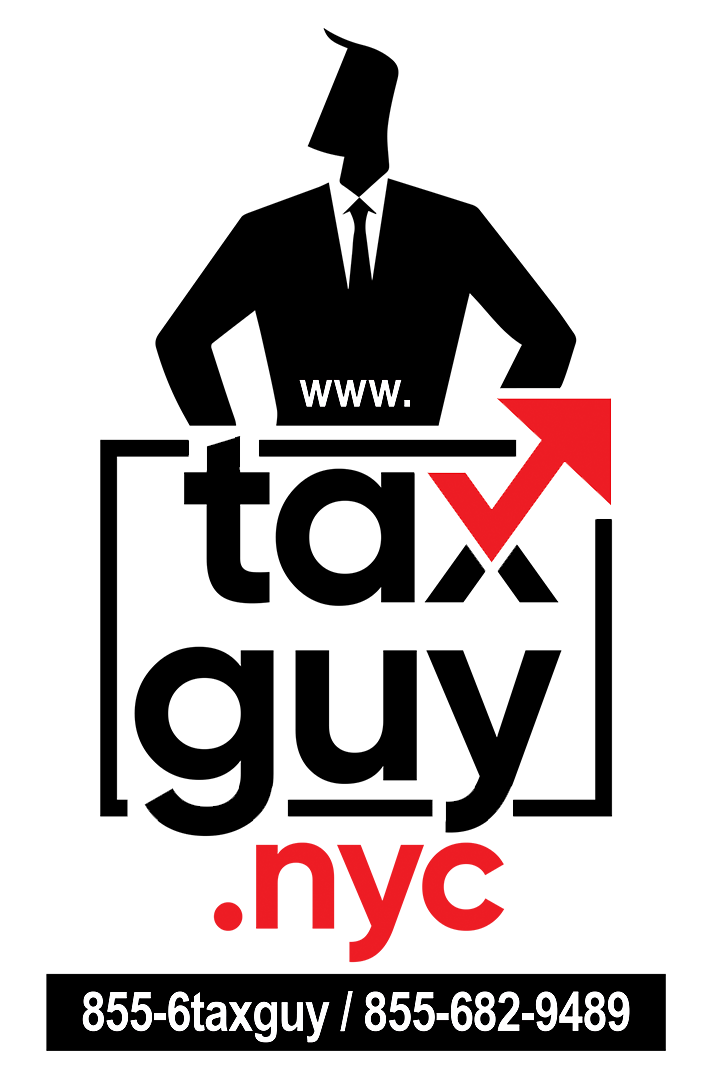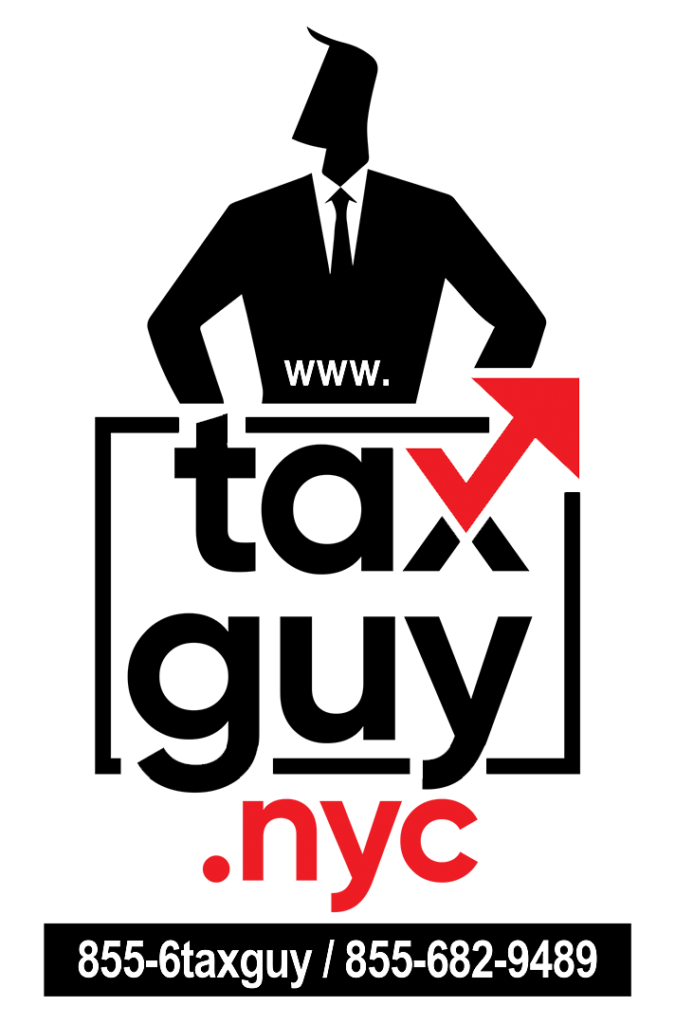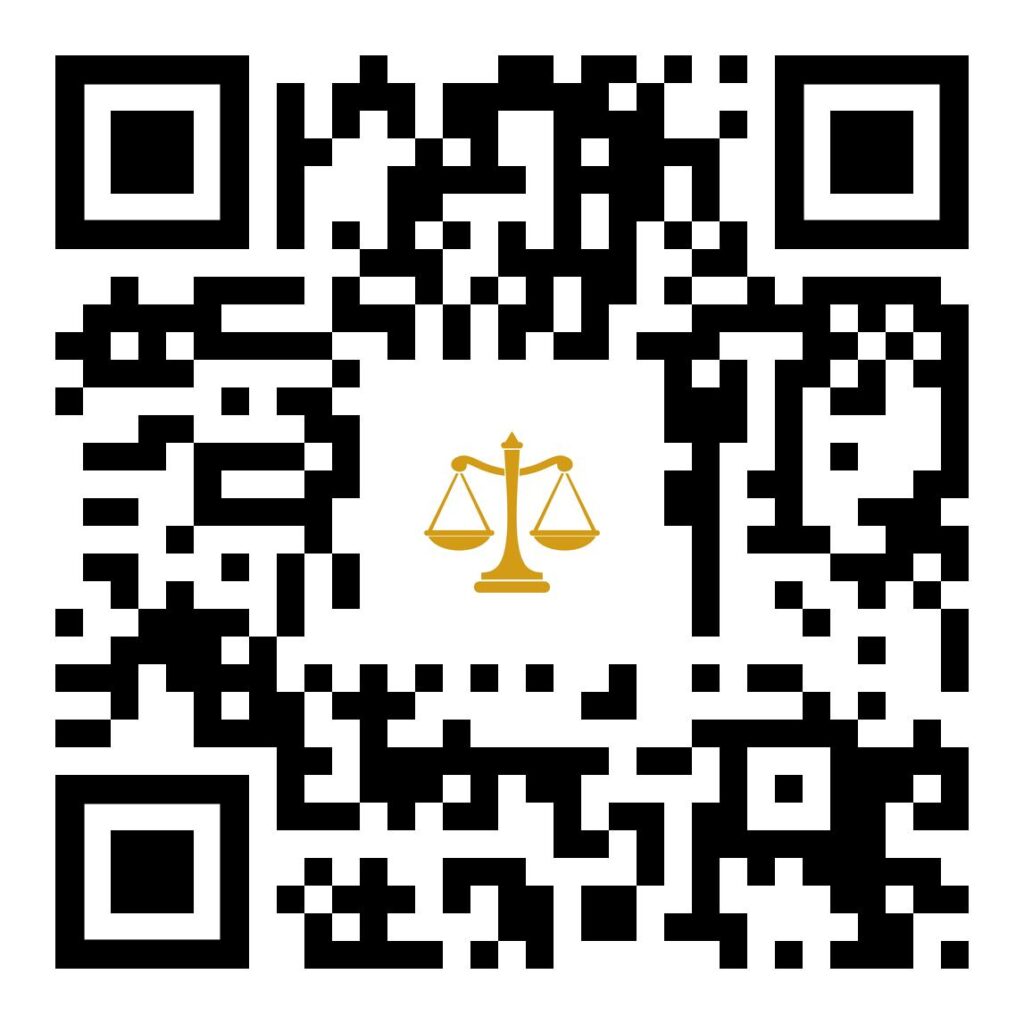Working with a CPA will give you new confidence when filing.
It’s easy to become rattled when faced with the Internal Revenue Service’s reams of compliance requirements and specifications. Even the most seasoned taxpayer may have a year when income, deductions and credits become too complicated to deal with alone. That’s when it’s time to call a certified public accountant.
Defining ‘CPA’
Finding a trustworthy CPA starts with understanding what they do. Certified public accountants must undergo rigorous multi-course training to ensure they grasp the complexity of our ever-changing tax code and how it all impacts your return. The CPA exam is actually four individual tests over an 18-month timeframe, covering topics like auditing, regulations, business concepts, reporting and more. These accountants typically must then work under the direct supervision of another CPA for roughly one year before being certified. There are also ongoing professional development requirements to make sure they remain up-to-date on the latest IRS updates.
Why They Are Needed
For some people, an EZ form is all that’s needed. In that case, you probably don’t need a CPA. But tax preparation can be a lot more complex for business owners, freelancers, second homeowners and others. Freelancers may end up with a lengthy client list sending 1099 forms, while business owners try to sort out complex federal requirements. Second homeowners might be subject to taxation in another state. Those are just a few of the complicated tax situations that are more easily addressed by certified public accountants.
Making a Good Hire
Some accountants only focus on business clients, while others handle individuals or both. Ask about their specialization. You can also verify their Preparer Tax Identification Number online. Make sure your prospective CPA hire offers e-filing services. Remember, there is no substitute for experience.




